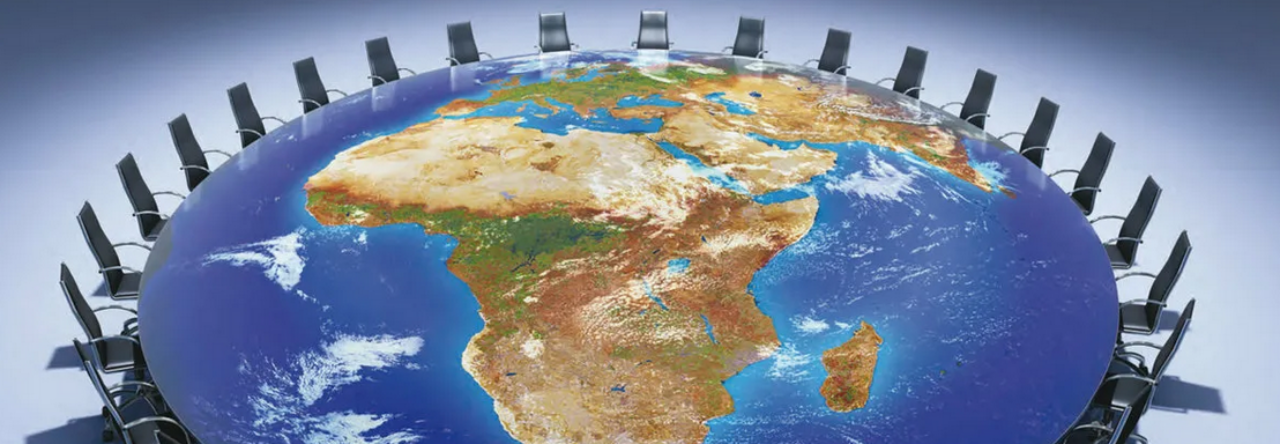Episode 4 (16:38 – 30:00)
Before you watch
1. Study the following information:
- Paul Arkwright British High Commissioner to Nigeria
https://www.gov.uk/government/people/paul-thomas-arkwright
- British High Commission, the difference between Ambassador and High Commissioner
https://en.wikipedia.org/wiki/British_High_Commission
https://en.wikipedia.org/wiki/High_commissioner_(Commonwealth)
- The Oba of Lagos
https://en.wikipedia.org/wiki/Oba_of_Lagos
2. Study the following words and phrases:
To top smb – to overtake smb
To oil the wheels – to help smth happen easily and without problems, especially in business or politics
To be afoot (the preparations are afoot) — to be happening, to be well under way
High-handedness – the use of authority in an unreasonable way, without considering the opinions of other people
Hunky-dory – (informal)when you say everything is hunky-dory, you mean that there are no problems and that everyone is happy
A smattering (of a foreign language) – a little bit, the basics of a foreign language
Function (noun) – a formal party, a reception
While you watch
Answer the following questions:
1. What is the difference between ministers and civil servants?
2. The UK turns to the Commonwealth for trade opportunities? What are its prospects and targets in Nigeria?
3. Which countries have overtaken the UK in trade with Nigeria?
4. What are the obstacles to investment and starting a business in Nigeria?
5. What tool is essential in diplomacy?
After you watch
Discuss the following:
- “A civil servant works for the government of the day within the law. If you can’t do that, you can’t be a British civil servant.” Could this quote relate to civil servants of Russia? Does one have to forgo one’s principles and personal views to be a civil servant?
- How can soft power be used to enhance trade relations between states? Use the examples from the episode and suggest some more from your knowledge and experience.
- What do you think could be done to prevent the brain drain from the developing countries?
